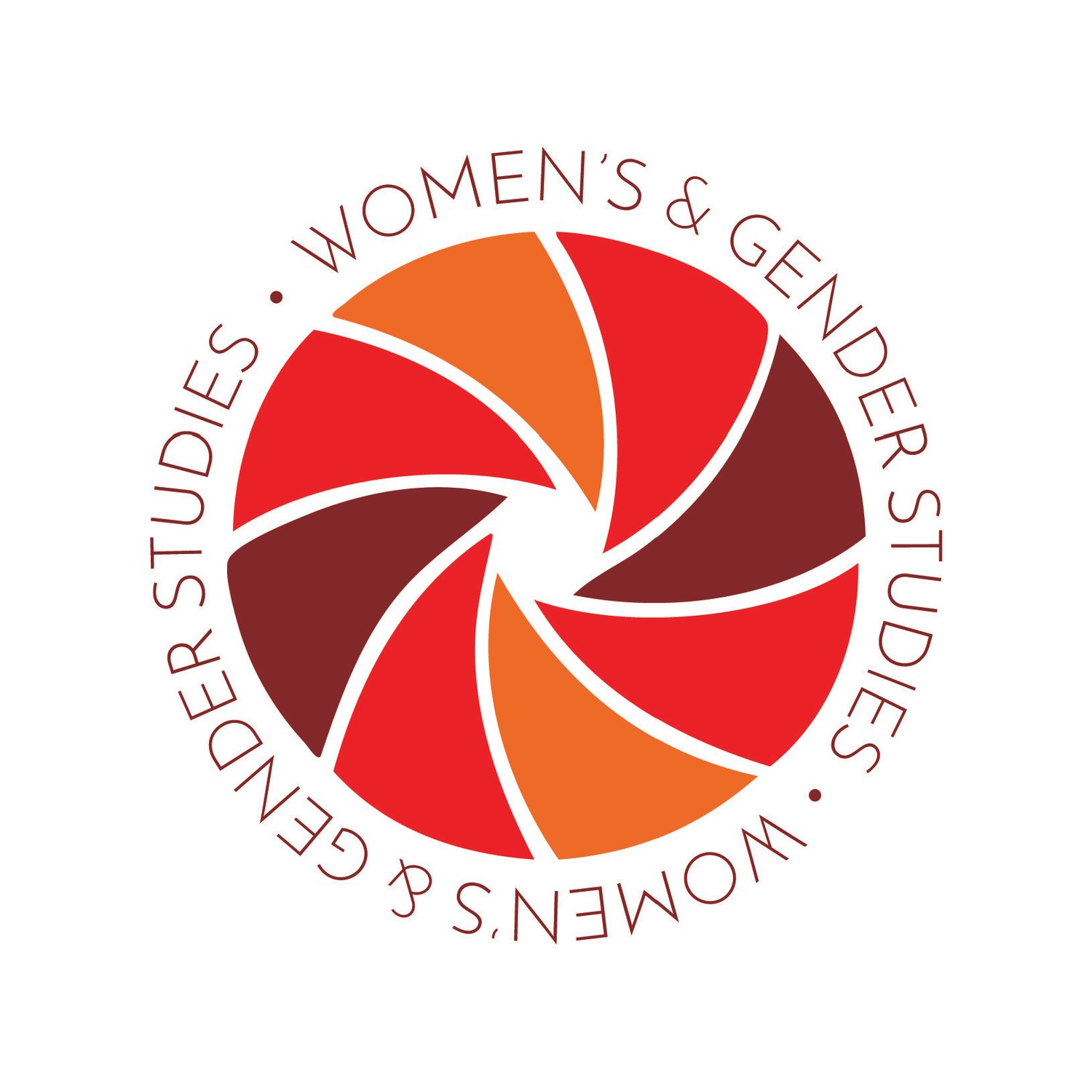National parks encompass nearly 85 million acres of what is today the United States. They are known as “America’s best idea” for the range of experiences that they provide to travelers across varied landscapes. Yet all park lands are also ancestral homelands of Indigenous peoples. Beginning with Yellowstone National Park in 1872, national park creation was tied to federal efforts to seize Native American lands. US leaders claimed that Indigenous nations improperly managed “wilderness,” understood to be a pristine nature absent human interventions—including traditional hunting, foraging, and harvesting—and must be removed. However, much scholarship and activism has shown the deep embeddedness of humans within the non-human environment, as well as the vitality of Indigenous peoples' strategies for the productive management of ecosystems in lands belonging to them since time immemorial. The speakers will address the historic and ongoing efforts of Native Americans to enact caretaking roles in ancestral homelands at different scales, from national parks to land trusts in New England.
Morning Keynote with Q&A (10:00 AM, The Nexus, Hayden Library, and streamed Online)
David Treuer is Ojibwe from Leech Lake Reservation in Northern Minnesota and a professor in the Department of English at the University of Southern California. He is the author of the much-praised The Heartbeat of Wounded Knee: Native America from 1890 to the Present, as well as numerous works of nonfiction and fiction. His writing has appeared in The Atlantic and The New York Times.
Afternoon Roundtable with Q&A (1:00 PM, Online, with a viewing room in The Nexus, Hayden Library)
Darren Ranco is a member of Penobscot nation and an Associate Professor of Anthropology at the University of Maine. His research analyzes how Indigenous communities in the United States resist environmental destruction by using Indigenous diplomacies. He has recently been involved in Katahdin Woods and Waters land trust.
Jane Anderson is an associate professor of Anthropology and Museum Studies at New York University. Her research examines intellectual property law and the protection of Indigenous knowledge resources in support of the Indigenous sovereignty. Part of this work involves knowledge of Wabanaki Nations (Passamaquoddy, Penobscot, Mi’kmaq and Maliseet tribes) in Katahdin Woods and Waters project.
Suzanne Greenlaw is Maliseet and a citizen of the Houlton Band of Maliseet Indians. She is a PhD candidate in the School of Forest Resources at the University of Maine, whose academic research weaves Wabanaki traditional ecological knowledge (TEK) and western scientific knowledge to address Wabanaki access restriction to culturally significant plants. Greenlaw’s Sweetgrass Project in Acadia National Park assesses the environmental impacts of traditional harvesting on sweetgrass beds.
Access: The event is free but registration is required. To register, click here. Non-MIT-affiliated visitors will need to be issued a Tim Ticket for access. When you register, please indicate if you are not a current MIT student or employee and we will contact you with instructions. NOTE: masks are optional inside all MIT buildings at this time.
MIT is committed to making our events accessible. Please email ce-lib@mit.edu to request accommodations.
This event is sponsored by the History Department, STS Department, Institute Community Equity Office (ICEO), Division of Student Life (DSL), Office of Graduate Education (OGE), Women and Gender Studies, MIT Libraries, and Center for Environmental Health Sciences (CEHS).

